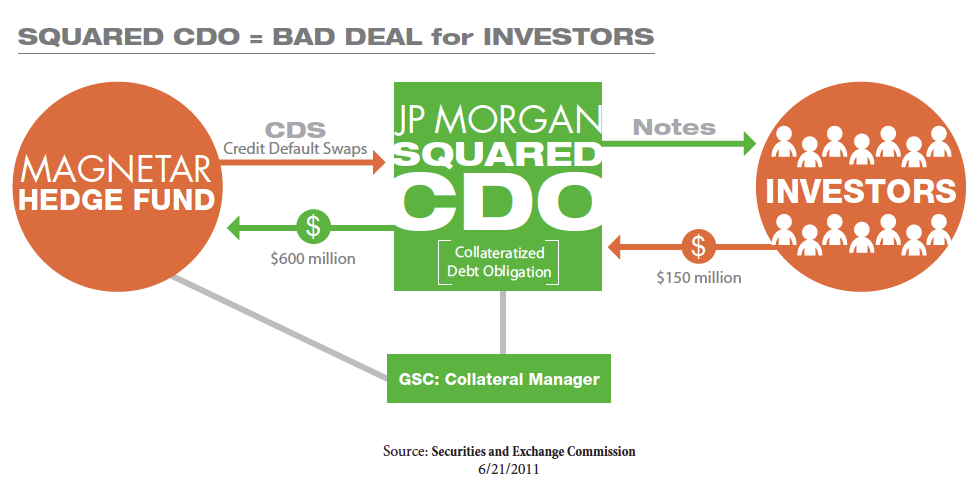Guest Post: Bernanke Is Either Not Very Bright or Not Very Honest. He Admits He Doesn’t Know Why We Have a Weak Economy … But He’s the One Who Weakened It
Bernanke said today: ” We don’t have a precise read on why this slower pace of growth is persisting.” Actually, it’s pretty obvious why the economy is so weak …
Read more...




